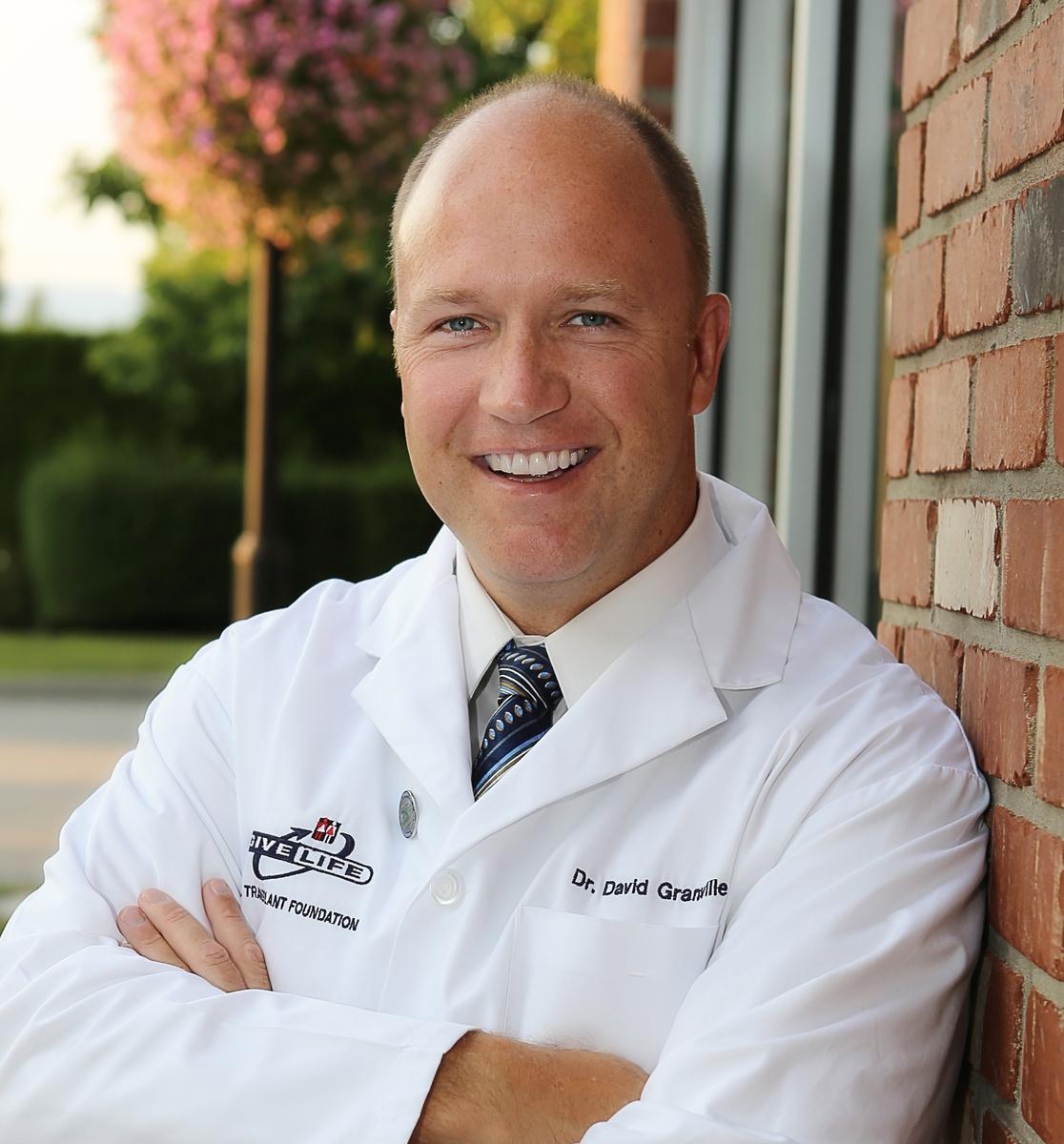Translational research is a high-risk, iterative phase of the drug development pipeline that involves a lot of trial and error to assess if the drug will be safe and produce a beneficial effect in animal models of the disease. Key questions are answered about a potential drug in translational research: How quickly is it absorbed? How is it distributed to different tissues? How is it metabolized and excreted? At what dose is the drug toxic? These are all crucial questions researchers must answer to ensure that their compound will be both effective and safe in humans.
Here, we feature two translational research projects that were recently funded in collaboration with Centre for Drug Research and Development (CDRD) that could lead to the development of disease-modifying therapies for people living with progressive MS.
Dr. David Granville (The University of British Columbia): Granzyme B inhibitors to protect nerve damage in progressive MS
One of the weapons that certain immune cells use to destroy harmful invaders is an enzyme called granzyme B. In the MS brain, granzyme B mistakenly targets the body’s own nerve cells by programming them to self-destruct. Additionally, granzyme B stops young nerve cells from functioning properly, thereby preventing them from replenishing the pool of injured nerve cells and repairing the damage. Dr. David Granville and his research team have identified an inhibitor of Granzyme B called VTI-1003. This inhibitor has already shown to impact disease-like behaviour and promote repair in an animal model of MS. However, more research is needed to characterize this inhibitor. “Before advancing into humans, it is essential that we determine if the drug is safe, how the body clears the drug and if there are any potential side effects that we should be aware of,” says Dr. Granville. The research team, which was awarded $158,000 from the Society, will also identify the optimal dose that the drug is effective while still maintaining its efficacy. These studies will help guide drug development as the team hopes to move the drug forward towards testing in the clinic.
Dr. Rebecca Spain (Oregon Health and Science University): Improving the tolerance and efficacy of supplement, lipoic acid, for treatment of Progressive MS
A natural substance produced by our own bodies and found in foods, calledLipoic Acid (LA) is an over the counter antioxidant supplement which has been shown to reduce inflammation and disability in mice that have an MS-like disease. A pilot clinical trial, led Dr. Rebecca Spain and her colleagues, showed LA reduced brain volume loss suggesting the supplement had a beneficial, protective effect on MS brains. However,many of the participants experienced upset stomach and related side effects to the LA. From blood samples, the team also discovered that not everyone absorbed equal amounts of LA. Therefore, working with CDRD with the support of the MS Society in the amount of $126,800, Dr. Spain will develop a form of LA that does not cause unpleasant side effects but will more uniformly be taken up into the bloodstream between people. “Better oral tolerance will allow more people to easily take lipoic acid, and it’s likely that more uniform absorption of the supplement will allow for a more uniform treatment effect,” says Dr. Spain.
The MS Society, together with CDRD, has risen to the occasion of overcoming challenges in the drug discovery pipeline by funding translational research. “While many targets show promise at the cell or animal stage, it is important to identify the most promising therapies for humans and to translate such findings into the clinic,” says Dr. Granville. By tapping into the infrastructure and expertise in drug development and commercialization offered by CDRD, highly promising targets such as those being investigated by Dr. Granville and Dr. Spain can be taken to the next level and nudged into the treatment pipeline. Dr. Spain expresses the importance of the drug discovery pipeline, “This back and forth process between the laboratory experiments, translation to clinical practice, and having that practice inform the next set of experiments and treatments is critical for the development of even more effective treatments, and ultimately, a cure.”

